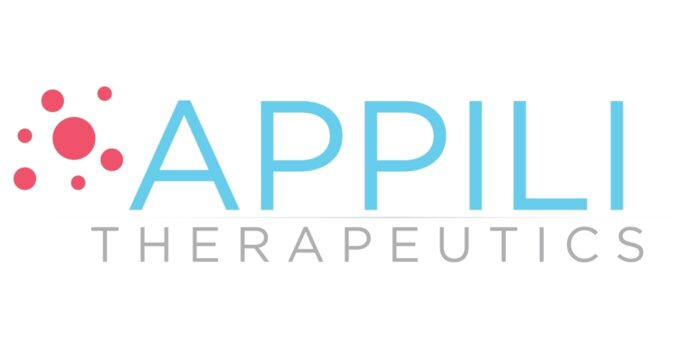HALIFAX, Nova Scotia– Appili Therapeutics Inc. (TSX:APLI; OTCQX: APLIF) (the “Company” or “Appili”), a biopharmaceutical company focused on drug development for infectious diseases, today announced positive one year challenge results from its preclinical study evaluating the efficacy of biodefense vaccine candidate ATI-1701 in a lethal model of tularemia. A survival rate of 29% (n = 2/7) was reported in the ATI-1701 vaccinated cohort, compared to 0% (n = 0/5) in mock vaccinated controls.
The results reported today are from the final challenge timepoint in a preclinical study evaluating the efficacy of ATI-1701 28 days, 90 days, and one year after vaccination. At each challenge timepoint, cohorts of vaccinated and unvaccinated animals received a lethal exposure of aerosolized Francisella tularensis, the causative agent of tularemia. In January 2020, Appili had reported 90-day efficacy results, with 100% of ATI-1701 vaccinated animals surviving exposure compared to 0% of the controls. Both 28- and 90-day efficacy data have also been presented previously by Appili’s partners MRIGlobal at biodefense conferences in the U.S. The study was funded by the U.S Defense Threat Reduction Agency (“DTRA”) and conducted by MRIGlobal.
“We are excited to see signals of protection and survival benefit as far out as one year post vaccination. Efficacy under these stringent conditions is a compelling differentiator and positions ATI-1701 as a leading candidate to be the first approved vaccine for the prevention of tularemia,” said Dr. Armand Balboni, CEO of Appili Therapeutics. “We are grateful for the support of DTRA and our partners to achieve this significant milestone and look forward to making continued progress on manufacturing and IND-enabling activities to advance ATI-1701 into the clinic.”
The Company also announced today that Josef Vejvoda has resigned from the Company’s Board of Directors to pursue other endeavours.


